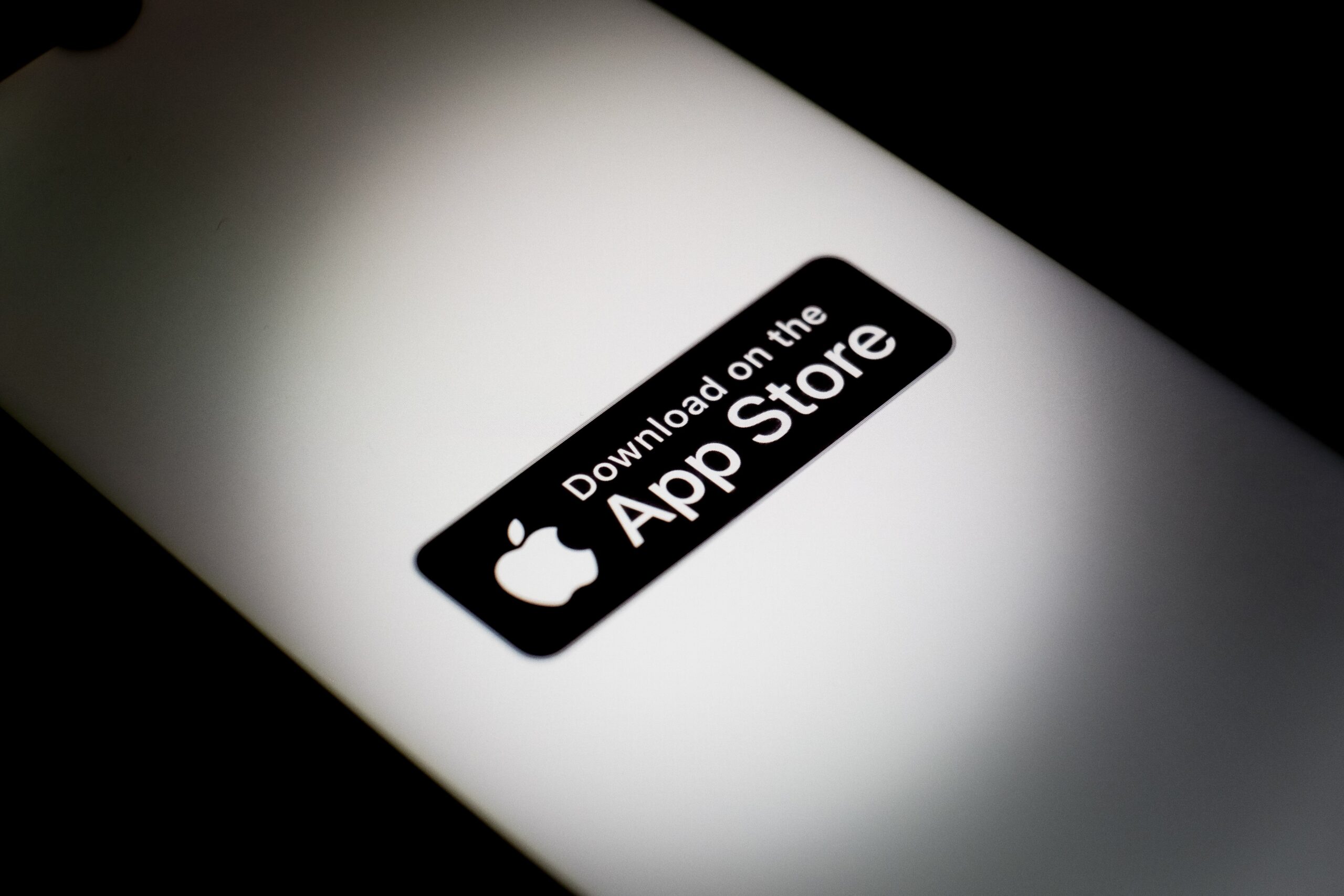Apple will let users download iPhone apps directly from the developers’ websites

Apple has recently been making big changes to how it runs its core platforms in order to comply with the EU’s new Big Tech regulations known as the Digital Markets Act (DMA).
After weeks of unveiling new – and often controversial – new policies, Apple announced one of its most significant DMA-inspired moves yet on Tuesday: Web distribution.
This means that Apple will let app developers distribute their iOS apps to iPhone and iPad users directly through the developers’ own websites.
In addition, developers will be allowed to link out to external pages within their apps without having to follow Apple’s guidelines or templates for discounts, promotions, and other deals. Companies who choose to set up an “alternative marketplace” will also now be allowed to solely distribute their own apps through those platforms.
Apple announced these new EU policy additions in an update on Tuesday titled “More options for apps distributed in the European Union.”
The way apps are distributed on iOS in the EU will forever change
Apple first announced sweeping changes to its App Store model earlier this year in preparation for the DMA. The new EU regulation officially went into effect last week and forces Big Tech companies, known as “gatekeepers,” to open their core platforms to third-parties in order to spur competition.
Apple introduced a slew of DMA-inspired changes that spans all facets of iOS, but its App Store changes were easily the most significant. Due to the DMA, Apple could no longer monopolize app distribution on iOS through the App Store. Apple complied by allowing competitors to the App Store, known as “alternative marketplaces,” to distribute apps on iOS devices. Developers who released these apps on these marketplaces would not need to follow Apple’s App Store content policies or take part in Apple’s App Store revenue share model.
However, its new App Store policies were widely criticized by its peers in the tech industry. Under Apple’s DMA-inspired changes, app developers who agree to the company’s new terms which allow for “alternative marketplaces” will end up being charged a €0.50 “Core Technology Fee” for every first annual installation over one million installs. This means that for the very first time, developers could owe money to Apple without pulling in any revenue from its apps.
With that being said, these latest updates from Apple are a step in the right direction but there are more stringent requirements for developers choosing to distribute their apps in this way.
Apple will still require that developers who distribute their apps from their websites be enrolled in the Apple Developer Program. In addition, Apple says those developers must be in “good standing in the Apple Developer Program for two continuous years or more, and have an app that had more than one million first annual installs on iOS in the EU in the prior calendar year.” Apple will also require that those developers take on responsibilities typically reserved for app distributors such as handling government requests and keeping in touch with Apple regarding potential issues such as fraudulent or illegal behavior related to the apps.
One major drawback, though, is that apps distributed directly via a developer’s website are still subject to the controversial Core Technology Fee.
And, of course, only app developers in the EU are covered by these new iOS app distribution policies. Everyone else still has to go through Apple’s official App Store.
